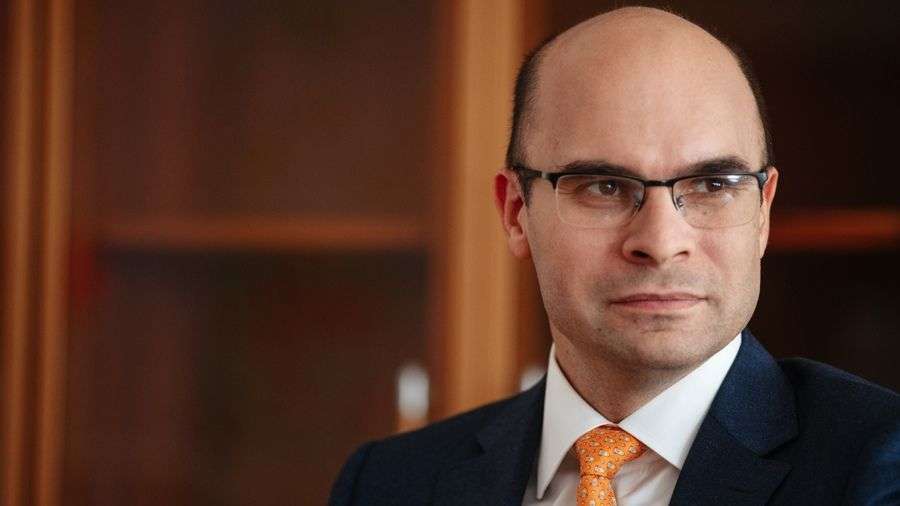Deputy Chairman of the Bank of Russia: “digital currencies do not have money properties”

Deputy Chairman of the Central Bank of Russia Alexei Zabotkin believes that Bitcoin and other crypto assets do not have the properties of money and are not a means of saving.
He said that due to the high volatility of cryptocurrencies and the daily fluctuation in their value, digital assets are difficult to call a means of preserving value. The deputy chairman cited Bitcoin as an example, the cost of which has repeatedly and sharply decreased.
So, in early December, Bitcoin fell by $1 700 after another attempt to overcome its historical maximum of $20 000. And at the end of November, the Bitcoin rate completely collapsed by $3 000 in just a few hours, after which the leading altcoins lost about 20%.
In addition, according to Zabotkin, digital tokens can be transmitted from one owner to another, but cannot be a means of settlement, since issuers of digital currencies do not guarantee the stability of their release and further circulation.
As for digital currencies from central banks, they can use the technology on the basis of which ordinary cryptocurrencies operate. Despite this, state stablecoins represent an “additional form” of already existing money.
Zabotkin explained that the digital currency from the central bank is converted into other forms of money in a ratio of 1:1. Moreover, the stability of the state digital currency will be ensured by the central bank itself.
This fall, the Bank of Russia expressed its readiness to discuss the release of the digital ruble as an addition to the Russian national currency and consider its advantages for the country’s economy.
Special Representative of the President of the Russian Federation for Digital and Technological Development Dmitry Peskov said that the digital ruble will increase the transparency of payments and help fight poverty.
However, Bank of Russia Chairman Elvira Nabiullina said last year that she did not see the need to launch a state digital currency, since the potential risks significantly outweigh its advantages.



